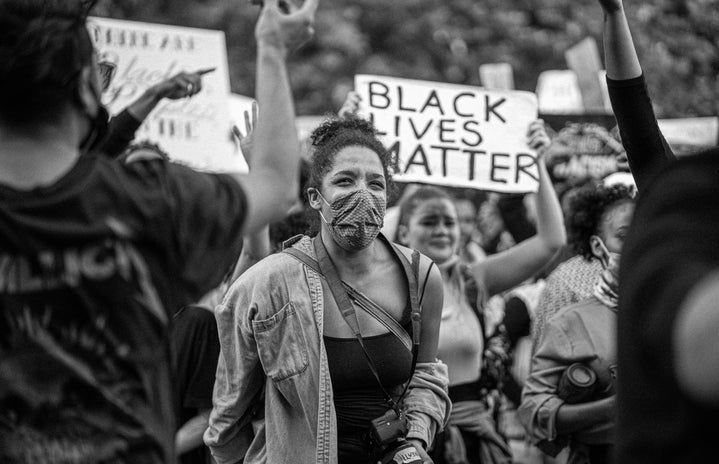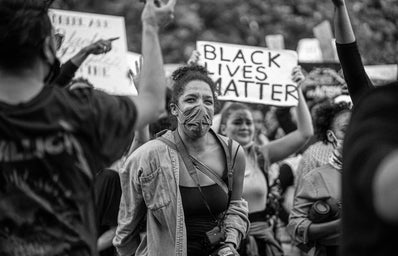Many people in America can relate to hearing the same Black History facts each year in February from their history teachers. The American Education system fails to recognize key aspects of Black History beyond February. With that in mind, I have compiled a list of Black History facts that I was not taught in school, and you probably weren’t either.
The reason Black History Month is celebrated in February.
Black History month initially existed as Negro History Week, which originated in 1926. Negro History Week was created by esteemed African American historian and scholar, Carter G. Woodson. Woodson was one of the first scholars to study the African diaspora, including African American History. Black History Month was not nationally recognized until 1976 by President Gerald Ford, according to History.com. Former President Ford famously urged the public to “seize the opportunity to honor the too-often neglected accomplishment of Black Americans in every area of endeavor throughout our history.”
Claudette Colvin came before Rosa Parks, however, her actions are often overlooked.
Colvin was just 15 when she made the decision to stay seated on a Montgomery, Alabama bus, when instructed to move to the back to allow a white woman to sit down. Colvin’s resistance led to her being arrested, nine months before Rosa Parks. Colvin recalled the details of the incident in a 2009 NPR interview where she stated, “It felt like Sojourner Truth was on one side pushing me down, and Harriet Tubman was on the other side of me pushing me down. I couldn’t get up.”
The NAACP was founded in 1909, coinciding with the birthdays of well-known historical figures.
February 12, 2021 marked the 112th birthday of the National Association for the Advancement of Colored People (NAACP). February 12th, 1909 was chosen for the creation of the NAACP because it fell on the 100th birthday of former President Abraham Lincoln and two days before famed abolitionists Fredrick Douglass’ birthdays. Racial violence in the early 20th century, particularly the race riots in Springfield, Illinois in 1908, led civil rights leaders to form an organization that would benefit African Americans. The NAACP is the oldest and largest civil rights organization in the United States.
Kamala Harris is the first black woman to become Vice-President, but she is not the first to run.
Before Kamala Harris, there was Charlotta Bass. In 1948, Charlotta Bass ran for office as the Vice-Presidential candidate for the Progressive Party. Bass, a journalist from California, was also believed to be the first African American woman in the United States to own and operate a newspaper. She was also an activist who focused on issues surrounding voting rights, housing rights, and labor rights. Bass was repeatedly accused of participating in the Communist Party, despite the lack of evidence surrounding those claims. Bass denied the claims many times, but she was still consistently monitored by the FBI, until her nineties.
Robert L. Johnson, founder of the Black Entertainment Network (BET), was the first black billionaire in the United States.
Johnson became the first black billionaire after he told his cable station to Viacom in 2001 for around $3 billion dollars. Johnson earned over $1 billion from the sale. Although he is no longer a billionaire, the list of black billionaires in America has expanded. As of 2020, of the 614 billionaires in the US, only seven of them are black. The list includes (newest member)Tyler Perry, Jay-Z, Kanye West, Michael Jordan, Oprah Winfrey, David Stewart and Robert F. Smith (in order from least to most wealthiest).
As Black History Month comes to a close, it is crucial for conversations surrounding Black history continue throughout the year. Famed American actor and director Morgan Freeman said it best, “Black history is American history.”


